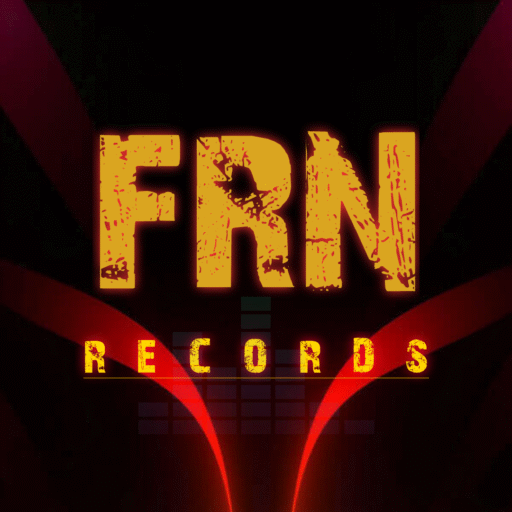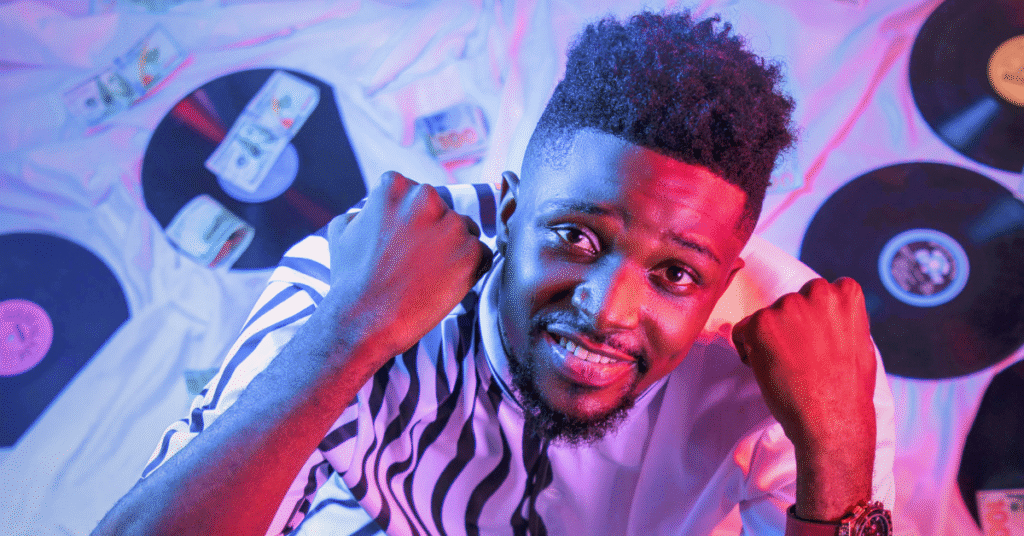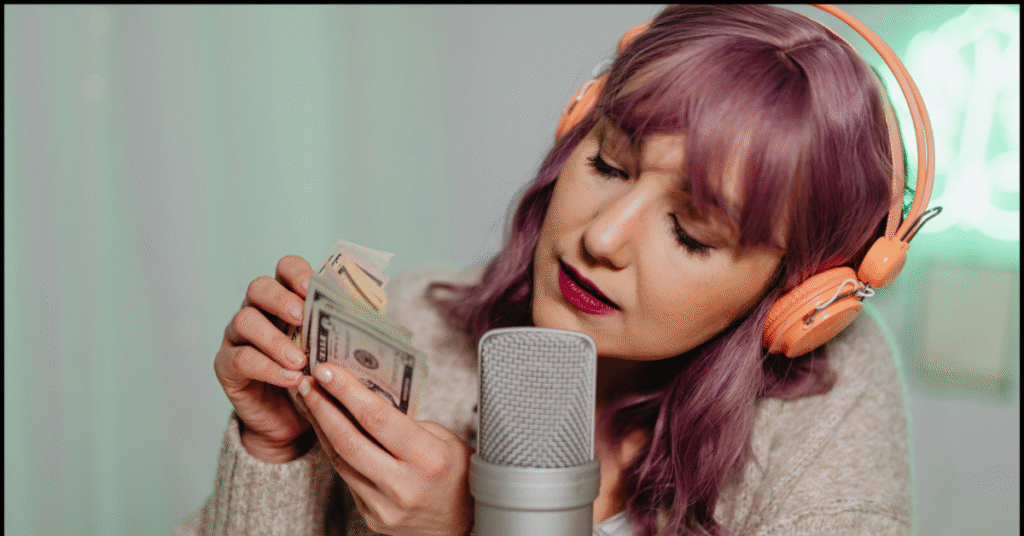How to Become a DJ for Weddings

Weddings are magical events filled with love, laughter, and unforgettable memories — and at the heart of many of these memories is a great DJ. If you’re passionate about music, love entertaining people, and have an ear for good vibes, learning how to become a DJ for weddings might be your perfect career path. But how do you get started?
Let’s break it down, step-by-step — from learning the craft to booking your first wedding gig.
Step 1: Understand What a Wedding DJ Actually Does
Being a wedding DJ isn’t just about playing music. You’re part of the couple’s big day and responsible for setting the mood from start to finish. Your job includes:
-
Playing ceremony, cocktail hour, dinner, and reception music
-
Emceeing special moments like first dance or cake cutting
-
Reading the room and keeping the dance floor alive
-
Coordinating with planners and photographers
-
Making announcements with clarity and charisma
You’re not just a DJ — you’re part of the entire experience.
Step 2: Learn the Basics of DJing
Before stepping into weddings, you need to master the basics of DJing. This includes:
-
Beatmatching
-
Mixing songs smoothly
-
Understanding BPM and key transitions
-
Using DJ software (Serato, Rekordbox, Virtual DJ)
-
Building different playlists for various moods
You can start learning through YouTube tutorials, online DJ courses (like on Udemy or Skillshare), or even by shadowing an experienced DJ.
Step 3: Get the Right Equipment
You’ll need solid gear that’s reliable for live events. Here’s a beginner wedding DJ setup:
-
DJ Controller (like Pioneer DDJ series or Numark Mixtrack)
-
Laptop with DJ software
-
Speakers (Portable PA systems like EV ZLX or JBL are popular)
-
Microphone (wired or wireless microphone for announcements)
-
Headphones (for cueing)
-
Lighting (optional, but adds value)
Tip: Rent gear at first to avoid heavy upfront costs.
Step 4: Create a Killer Music Library
A good wedding DJ can play anything — from classic rock and Motown to modern pop and EDM.
You can also check – how-to-make-edm-music-on-laptop/
Build separate playlists for:
-
Ceremony (soft, romantic)
-
Cocktail hour (jazzy, mellow)
-
Dinner (relaxed, upbeat)
-
Dance party (crowd favorites)
-
First dance, father-daughter, etc.
Stay updated with music trends and have backup options ready for every age group.
Step 5: Build Your Brand and Portfolio
Treat DJing like a business. Build a brand that shows professionalism and trust. Here’s how:
-
Create a DJ name and logo
-
Build a professional website with testimonials and sample mixes
-
Start an Instagram and Facebook page
-
Upload videos of you performing (or mock sessions at home)
-
Design a clean business card
Even if you haven’t done weddings yet, show your skills with small private gigs or mock sets.
Step 6: Network and Get Your First Gig
Most wedding DJs get booked through referrals or agencies. Here’s how to land your first job:
-
Offer to DJ for friends’ or relatives’ weddings for free or low cost
-
Connect with wedding planners, photographers, and event venues
-
Join local wedding expos or DJ communities
-
Register on wedding websites like The Knot, WeddingWire, or GigSalad
Be humble, be reliable, and deliver value — word-of-mouth will do wonders.
Step 7: Set Your Prices and Offer Packages
Beginner wedding DJs usually charge $300–$700 for a full event. As you gain experience, you can charge $ 1,000 or more.
Create clear packages like:
-
Basic (Ceremony + Reception)
-
Premium (Music + Emcee + Lighting)
-
VIP (All-day coverage + Photo Booth + Custom Playlist)
Always sign a contract and request a deposit before the event.
Bonus: Legal Stuff and Backup Planning
Don’t skip the boring (but important) stuff:
-
Get liability insurance
-
Always have backup gear (USB, extra cables, extra mic)
-
Understand the venue’s power and sound requirements
-
Arrive 2-3 hours early to set up and test everything
Final Thoughts
Learning how to become a DJ for weddings is more than just mastering playlists—it’s about crafting unforgettable moments that couples and their guests will cherish for a lifetime. If you’re passionate, organized, and willing to hustle, you can transform wedding DJing into a highly rewarding and profitable career.
So start today—learn, practice, connect, and get ready to light up every dance floor!
FAQs
Q1: How long does it take to become a wedding DJ?
Ans: With focused learning, you can start booking gigs within 3–6 months.
Q2: Do I need formal training to become a wedding DJ?
Ans: No formal training is required, but practice and experience are essential.
Q3: Is wedding DJing a full-time career?
Ans: Many DJs start part-time, but with demand, it can turn into a full-time, high-income business.
💬 Do you need any tips? Comment!
Hi, I’m Nikhil Farenjiya, a music producer and professional singer with 10 years of experience. I share my knowledge and passion for music through writing to help aspiring artists grow. My blog is dedicated to inspiring and guiding music lovers on their creative journey.


